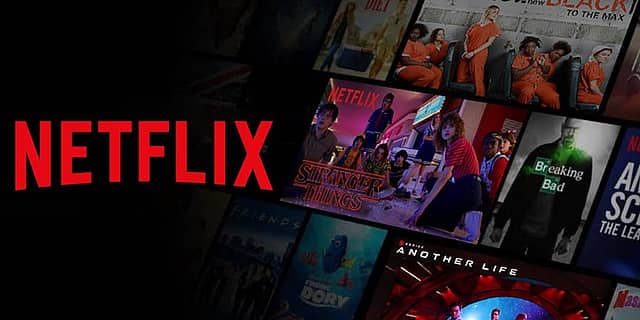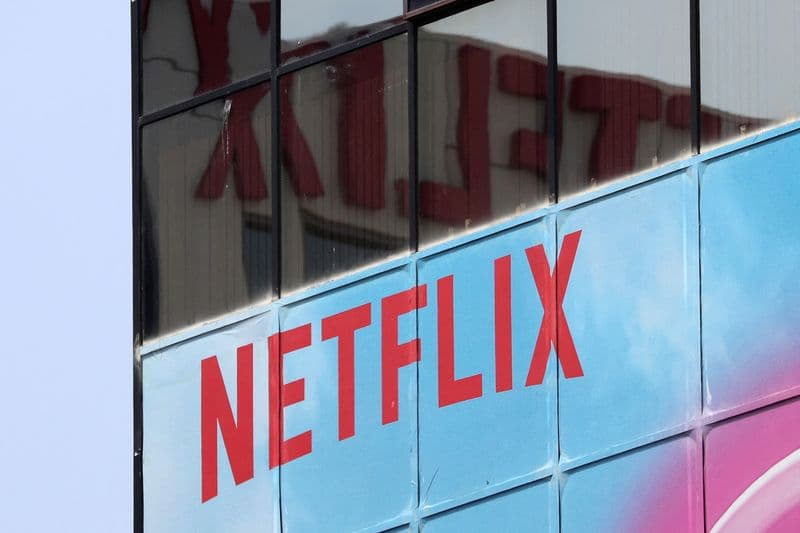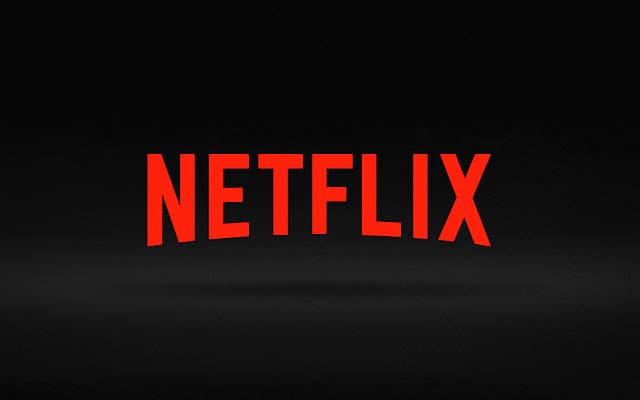
Reuters says Netflix has tapped Moelis & Co to explore a bid for Warner Bros. Discovery. That caught my attention not because of the streaming turf war, but because WB Games is one of the most important Western publishers left standing. We’re talking NetherRealm (Mortal Kombat), Rocksteady (Arkham, Suicide Squad), Monolith (Middle-earth, Wonder Woman), Avalanche (Hogwarts Legacy), TT Games (LEGO), and more. If Netflix buys all or part of WBD – with carve-outs rumored for things like CNN – the ripple effects will be felt in our libraries, not just in Hollywood trade columns.
Reuters’ line is simple: Netflix is evaluating a bid and has hired a bank to run the numbers. In 2025’s consolidation binge — see the Paramount/Skydance saga — that tracks. What matters to us is deal shape. A full merger folds WB Games into Netflix. A partial deal could exclude news assets like CNN and potentially leave games in limbo. And even if games are included, expect a slow regulatory slog and months (if not a year) of integration. We learned from Microsoft-Activision: nothing changes overnight, and roadmaps stay fuzzy while lawyers earn their keep.
WB Games’ business is built on multi-platform sales. Hogwarts Legacy sold because it hit everything. Mortal Kombat thrives because the FGC spans PlayStation, Xbox, PC, and Switch. If Netflix tries to slam the exclusivity door on console, it risks nuking revenue and goodwill. The smarter early play is hybrid: keep premium releases on console/PC, then drop them into Netflix’s subscription (or cloud) after a timed window — think “Game Pass, but Netflix.” A “Netflix Edition” with DLC included six months later is the kind of carrot that moves subs without torching day-one sales.

Would we see outright exclusives? Maybe for smaller projects or spin-offs. Big tentpoles like Mortal Kombat and anything DC are less likely to vanish from PlayStation or Xbox in the near term. Long term, all bets are off — subscriber growth has a way of bending strategy.
Netflix has been quietly testing cloud streaming on smart TVs and PCs, using your phone as a controller. That’s fine for Oxenfree or cozy puzzlers; it’s treacherous for precision-heavy games. Fighters and twitch shooters get wrecked by latency. Single-player and co-op action — Arkham, Middle-earth, Hogwarts — are more forgiving. Google Stadia proved that tech alone isn’t enough; you need content and frictionless access. WB’s catalog gives Netflix the content. The remaining questions are infrastructure, input lag on living room TVs, and whether ISPs and data caps gatekeep the “play anywhere” dream.

On paper, Netflix owning Batman, Harry Potter, and Mortal Kombat game teams tees up juicy crossovers with shows and films. WBD already talked up tying the DCU together across mediums, and Monolith’s Wonder Woman is in development. But rights are a labyrinth: LEGO licensing is its own beast, The Lord of the Rings involves Middle-earth Enterprises, and DC plans run through creatives with their own agendas. Don’t expect a magical “your choices in a game reshape a Netflix series” overnight. Expect something more modest: day-and-date companion games, in-app hubs for lore, or behind-the-scenes drops synced to game events.
Gamers haven’t forgotten Suicide Squad’s rocky live-service push, MultiVersus’ relaunch do-over, or how quickly trend-chasing can sour. NetherRealm’s rhythm has long alternated MK and Injustice; forcing a monetization template from the top would be a red flag. If Netflix is smart, it lets proven teams do what they do, then layers subscription value after. If it isn’t, we’ll see roadmaps rewritten, cosmetic shops balloon, and players bounce. Acquisitions also mean leadership changes and reorgs; that usually equals delays. Wonder Woman’s timeline? Don’t be shocked if milestones slip while suits draw new org charts.

Consolidation is shrinking the number of publishers that can greenlight big-budget single-player games. If Netflix ends up owning WB Games, it either becomes a new patron for those projects — with a subscription safety net — or another force steering everything toward “engagement.” The difference will show up in design: handcrafted campaigns and strong offline modes versus battle passes and FOMO calendars. We don’t need more homework; we need great games that respect time and wallet.
Netflix is reportedly exploring a bid for Warner Bros. Discovery, and the fate of WB Games is the gamer headline. Expect slow-moving change, hybrid release strategies, and lots of cloud talk. If Netflix empowers the studios, this could be a win. If it chases engagement at all costs, brace for delays, monetization creep, and more platform fragmentation.
Get access to exclusive strategies, hidden tips, and pro-level insights that we don't share publicly.
Ultimate Gaming Strategy Guide + Weekly Pro Tips